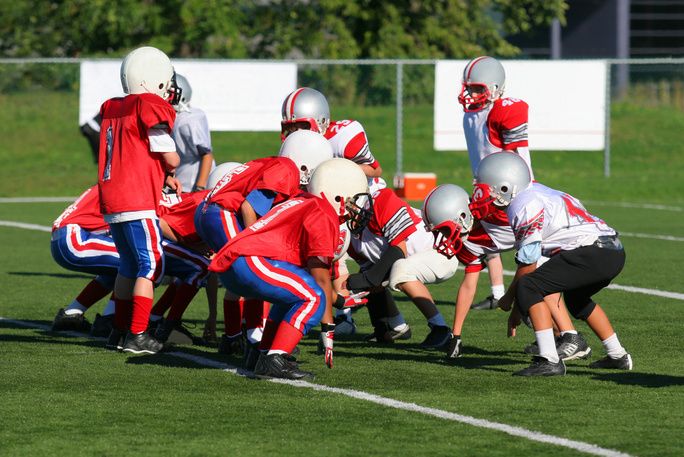Traumatic Brain Injuries
Add Your Optometrist to Your Team of Care
Neuro-optometric rehabilitation can improve binocular vision for a wide variety of vision problems caused by a TBI or neurological condition. This type of rehabilitation focuses on strengthening the visual skills needed to perform regular daily activities for increased independence and improved quality of life.
What is a TBI?
A traumatic brain injury (TBI) is an injury that affects how the brain works. Your brain may experience changes in chemical and energy use as a way to compensate for the injury. Those changes can then result in headaches, light sensitivity, sound sensitivity, and confusion.
If left undiagnosed and untreated, TBI-related conditions can have devastating effects on your quality of life and rehabilitative potential.

What are the Symptoms of a TBI?
Symptoms vary depending on how severe the injury is. Some may happen immediately following the head injury while some may not manifest until after returning to school or work. Here are some of the signs to look out for:
Behavior or mood changes
Confusion or memory problems
Convulsions or seizures
Dilated pupils or blurred vision
Dizziniess, fainting or fatigue
Headaches, nausea, vomiting
Restlessness or agitation
Sensitivity to light and smell
Sleeping too much or too little
Slurred speech
What Role does your Optometrist play?
While we would not diagnose a traumatic brain injury, we would be instrumental in diagnosing and treating the related visual conditions. As neuro-optometrists who already know how to assess and treat TBI-related visual and ocular disorders, such as oculomotor dysfunctions, we can make significant differences in patients' rehabilitative progress and quality of life.
If you or someone you know has been diagnosed with any of these conditions, schedule a functional vision exam with us to determine how neuro-optometric rehabilitation can help you.
Head and traumatic brain injury (TBI)
Concussion
Sports collision
Stroke
Car Accident
Physical violence
Cerebral palsy
Parkinson's disease
Multiple sclerosis
Diabetic neuropathy








